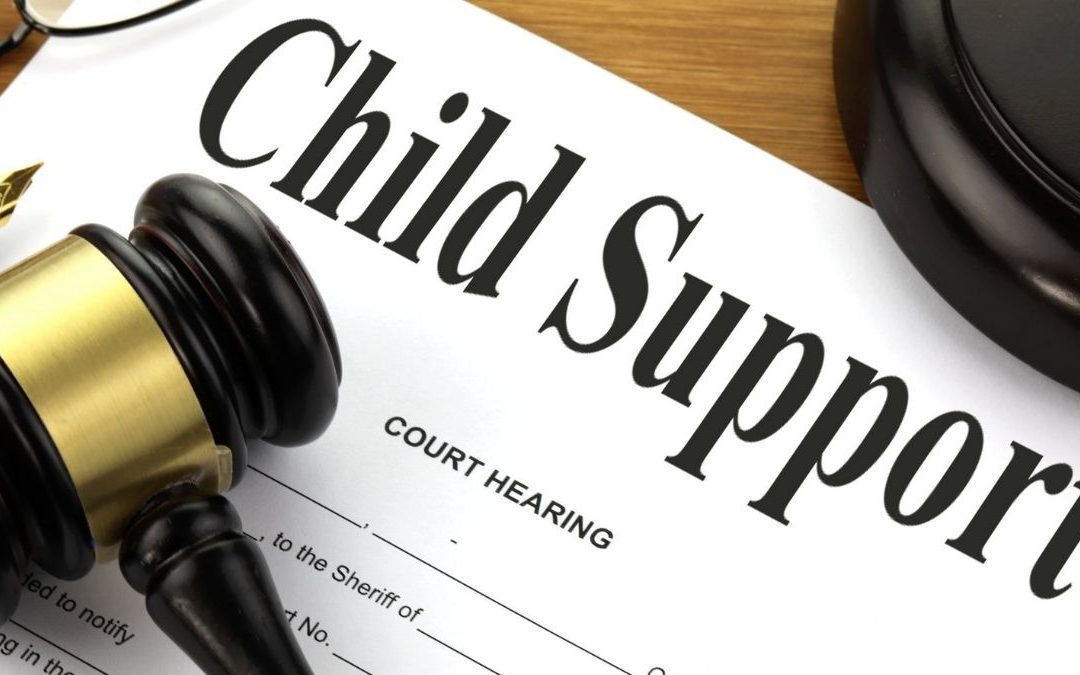Divorce is the legal dissolution of a marriage. The divorce process involves several steps that must be completed for the marriage to end legally. This includes filing paperwork, coming to agreements on issues like child custody and spousal support, and attending court hearings.
The first step in the divorce process is filing a petition or complaint for divorce with the court. This document states that one spouse wants to end the marriage and outlines what they are seeking in the divorce such as child custody, spousal support, and division of assets and debts. Along with the petition, the filer must submit other forms like financial affidavits and parenting plans.
After the petition gets filed, the other spouse must be properly served with the divorce papers. This means they are delivered legal notice that the divorce has been initiated. The spouse who was served then has a limited time frame to file a response with the court, contesting any of the terms if desired. If they do not respond, the divorce can proceed by default.
One of the major issues that must be addressed in a divorce is child custody. If the divorcing couple has minor children, they need to come up with a parenting plan outlining which parent the children will primarily reside with, parenting time arrangements, decision making, and more. Custody can either be agreed to by the parents, recommended by mediators, or decided by the judge.
Spousal support, also known as alimony, is often addressed in divorces. This involves one spouse financially supporting the other for a time after the split. Whether spousal support gets awarded and how much is based on factors like length of marriage, financial need, and earning capacities. Spousal support agreements can be informal or formalized in the final divorce decree.
The division of marital property, including assets like houses and investment accounts, is mandatory in divorces. All marital property, regardless of whose name it is in, gets divided equitably between the spouses. Separate property brought into the marriage or inherited during stays with the original owner. The couple must come to an agreement on how to split their assets and debts. If they cannot, the court will decide.
Throughout the divorce process, most couples are required to take a parenting class covering topics like supporting children through divorce. They also often work with mediators and lawyers to negotiate the terms of the divorce and complete the required paperwork. This can all take many months to resolve.
Once all the issues have been agreed to by both parties, the final divorce decree can be submitted to the court for approval and official granting of the divorce. However, the divorce is not technically final until an official waiting period has passed from the date the decree was signed. This is usually an additional month or two. When the waiting period ends, the divorce is complete.
How long does a divorce take?
The typical timeline for a divorce is anywhere from several months to over a year depending on where it is filed and how contentious the proceedings are. Uncontested divorces with minimal assets and agreeable spouses can sometimes be completed in under 3 months. On the other end, heavily disputed divorces involving child custody battles and complex financial issues can drag on for over a year, if not longer. Factors impacting the timeline include state laws, court caseloads, level of disagreement between spouses, assets involved, and more. But most divorcing couples can expect the process to take 6 months to a year.
What are the residency requirements for filing for divorce?
When filing for divorce, most states have residency requirements that must be met in order to have jurisdiction. This means one spouse must have lived in that state for a minimum amount of time for the divorce to be filed there. Residency periods range from 3 months to 6 months or longer depending on the state. Some states make exceptions for members of the military or spouses who were abandoned. The residency requirements are meant to prevent people from going to a different state just to file for divorce for more favorable laws. As long as the residency requirements are met, jurisdiction can be established.
How much does a divorce cost?
The costs of a divorce can vary greatly. Simple divorces with minimal assets or conflict can cost between $10,000-$15,000 total. But high net worth divorces involving business valuations, intense custody disputes, and complex financial issues can end up costing each spouse $50,000 or more with legal fees accumulating quickly. Cost factors include lawyer retainers and hourly rates, court filing fees, cost of third party valuations, and more. Low income individuals may qualify for legal aid assistance with divorce costs based on need. Uncontested divorces with mediation tend to be less expensive than litigation.
How do I choose a divorce lawyer?
Choosing the right divorce lawyer is key to successfully navigating the complex legal process. Look for an experienced attorney familiar with family law and the local courts. Consider lawyers that specialize in areas relevant to your case like custody disputes, high net worth divorces, or military divorces. Ask about the lawyer’s approach and preferred strategies. Look for effective communicators who are responsive. Initial consultations allow you to assess your rapport with the attorney. Review their credentials and client reviews as well. Compare fee structures. Make sure you choose a divorce lawyer you feel confident will represent your best interests.
Going through a divorce is undoubtedly difficult both emotionally and legally. Understanding the standard timeline and elements involved in the process can help you prepare for what’s ahead. Consulting with attorneys and mediators experienced in family law is key to getting through your divorce as smoothly as possible. With patience and good counsel, the process can be completed allowing you to move forward with your new life after divorce.







